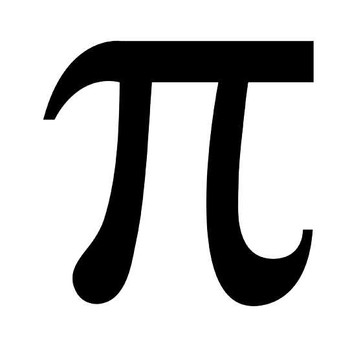Find the equation of the line which is parallel to the line #3x+4y=1# and passes through the midpoint of the line segment joining #(1,2)# and #(-2,1)#. Find the distance of this line from the given line.?
2 Answers
Equation of the line:
Distance =
Explanation:
The midpoint of the line segment joining
Now, the line passes through this point and parallel to the line
or
Hence equation of line is
The distance between the lines will be the same as distance between
graph{(3x+4y-1)(6x+8y-9)((x-1)^2+(y-2)^2-0.003)((x+2)^2+(y-1)^2-0.003)((x+0.5)^2+(y-1.5)^2-0.003)=0 [-2.583, 2.417, 0.05, 2.55]}
Raj has written one set of answers, but I thought I'd approach the question from a different direction and see whether I find the same answers.
Rearranging the given line into standard form:
That is, the line has a gradient of
Finding the midpoint between the points
To find the new parallel line, we can substitute these two points and the known gradient into the general equation for a line, and find the new intercept:
Kind of ugly, but there it is. So the equation of the line we're looking for us:
(I can multiply through by 4 and rearrange to get an equation in the same terms as Raj wrote his:
When we talk about the distance between two parallel lines, we mean the shortest possible distance, which means measuring perpendicular to the two lines. We have one point which is on one line:
(I'm going to have to stop here for the moment because I've run out of time. I will return to complete my answer soon.)

